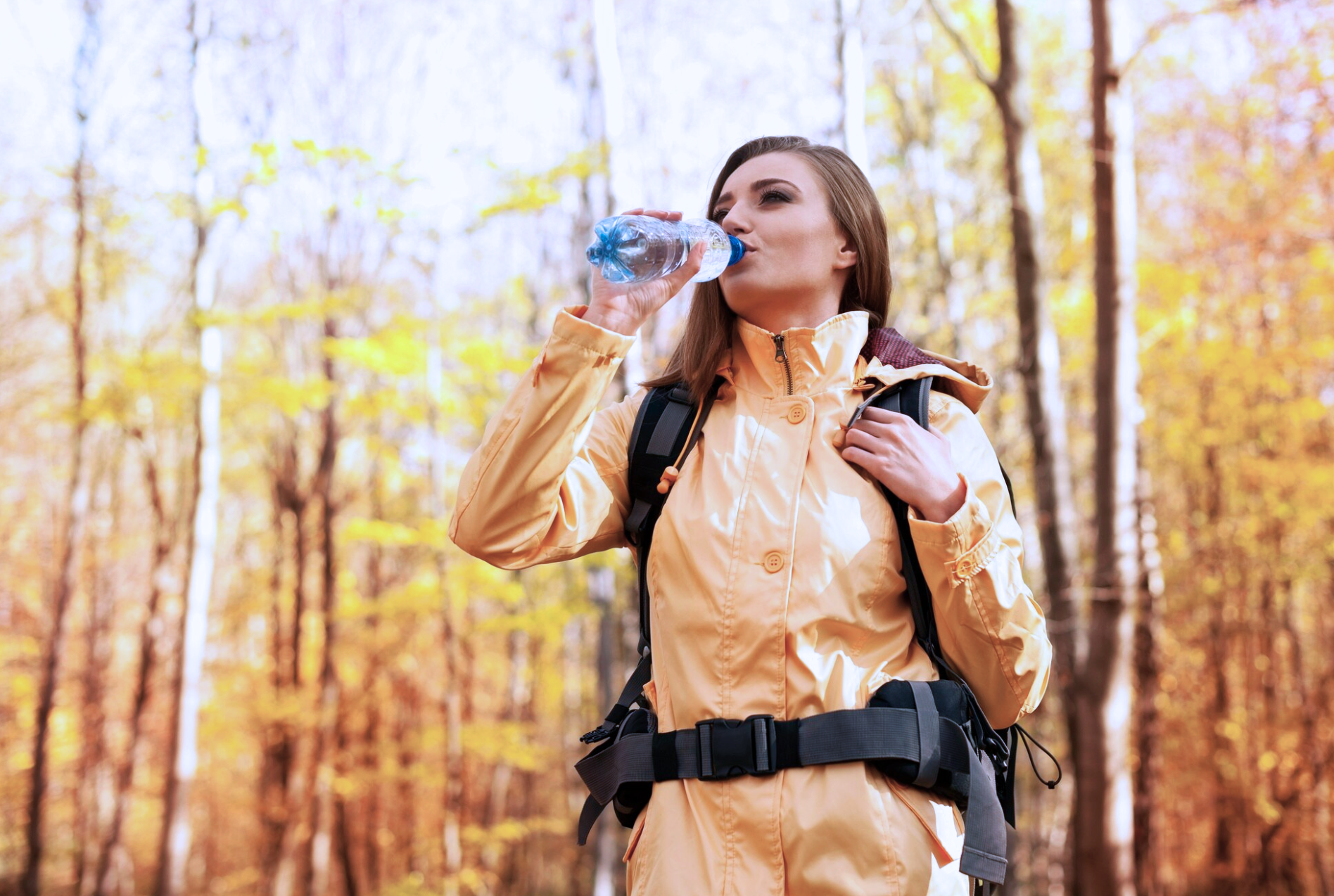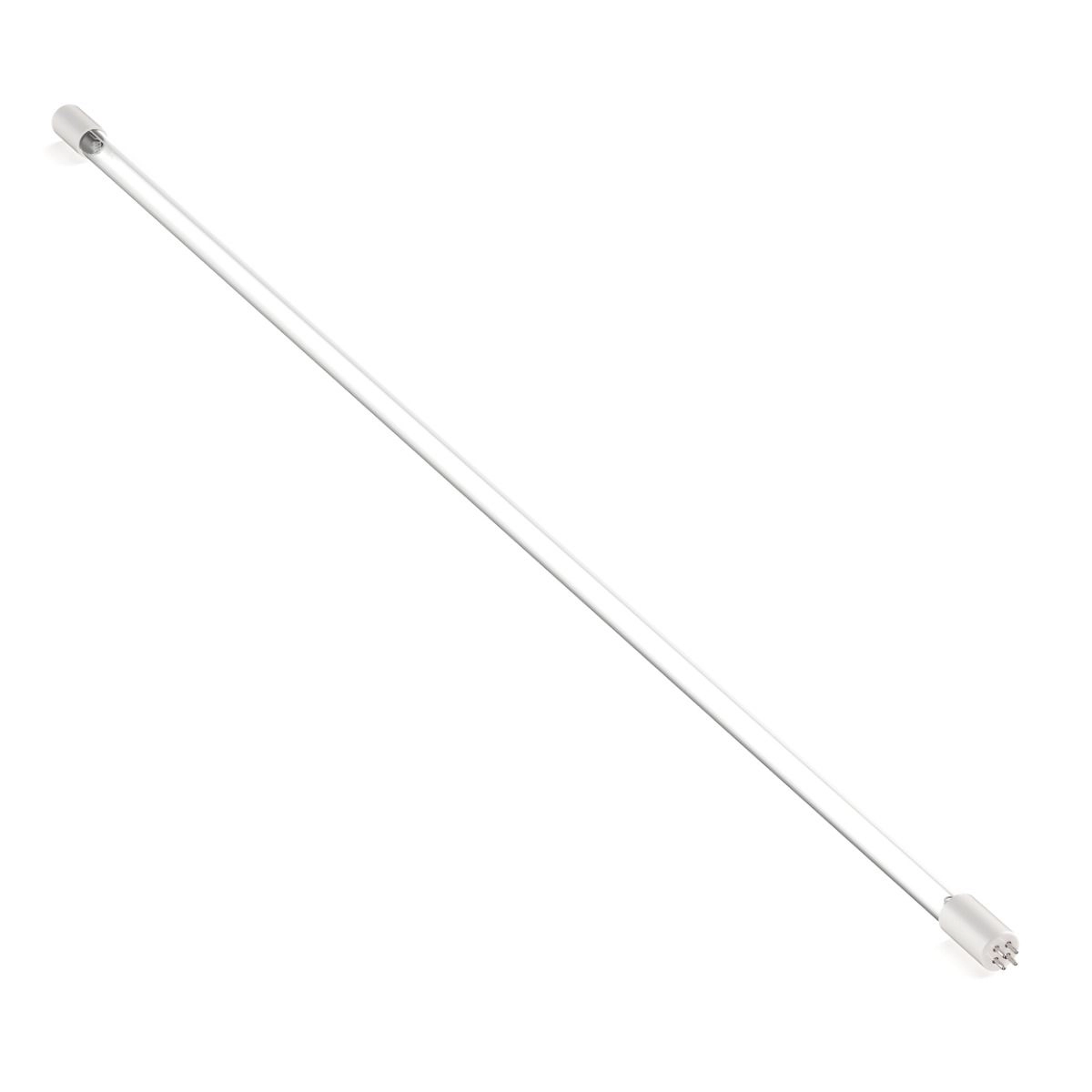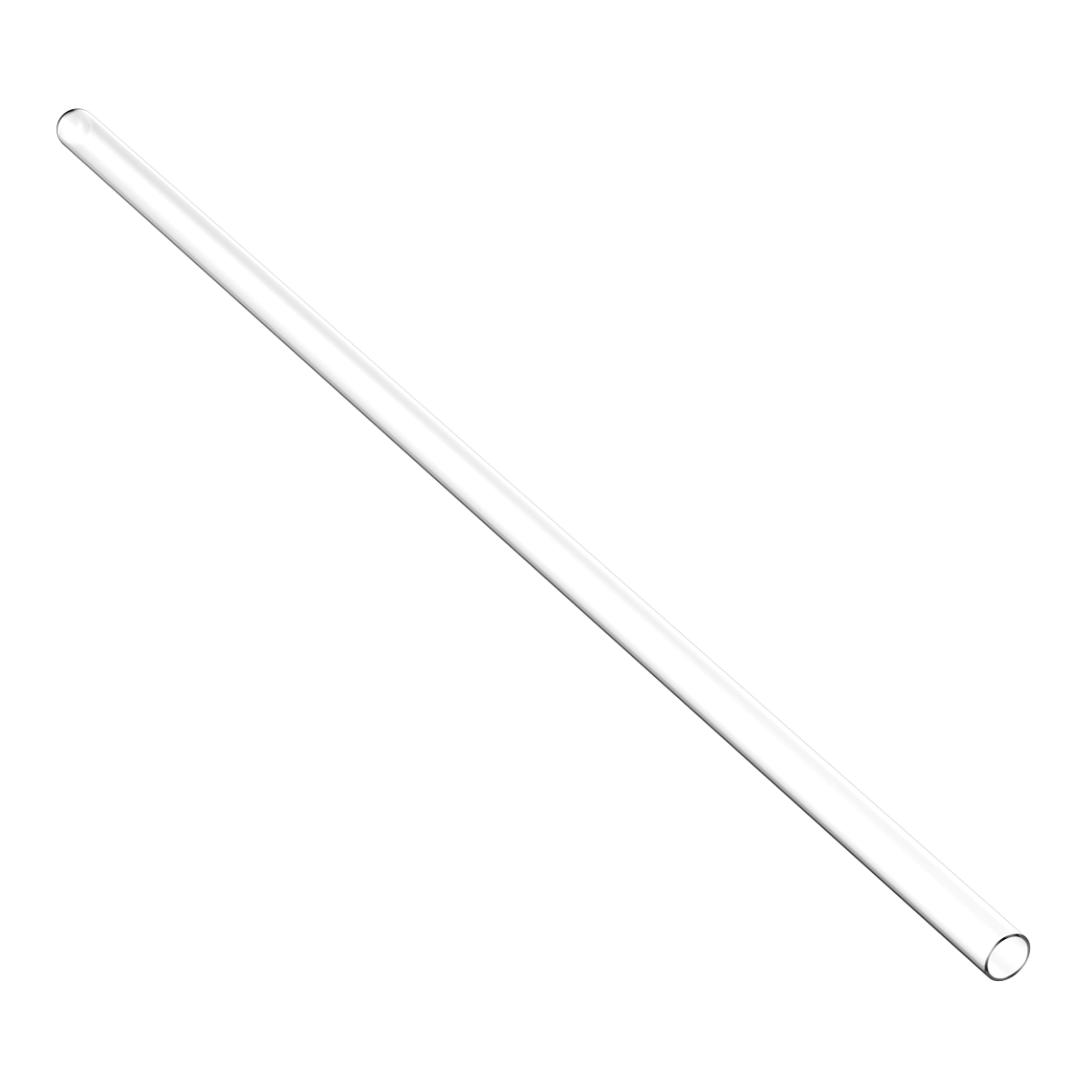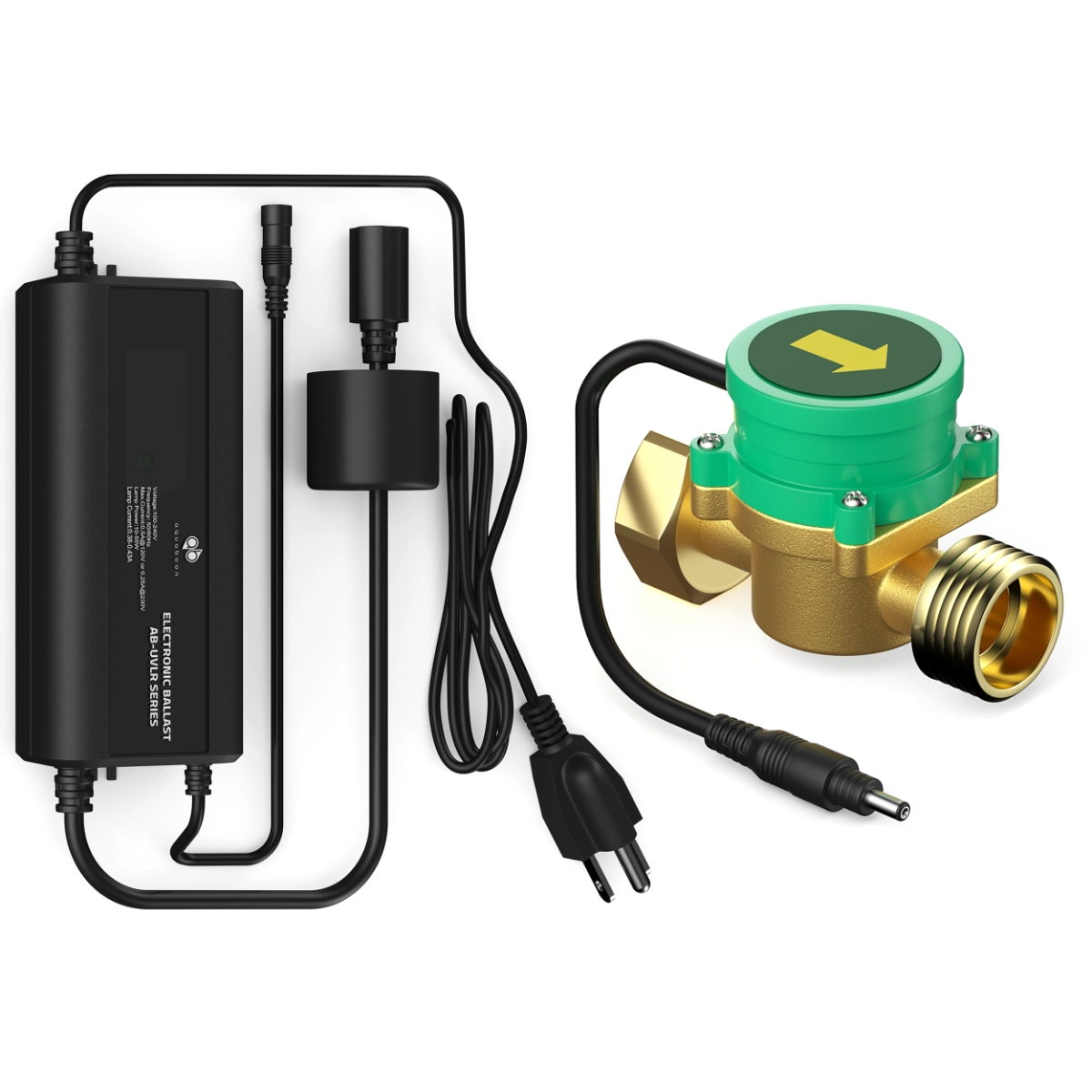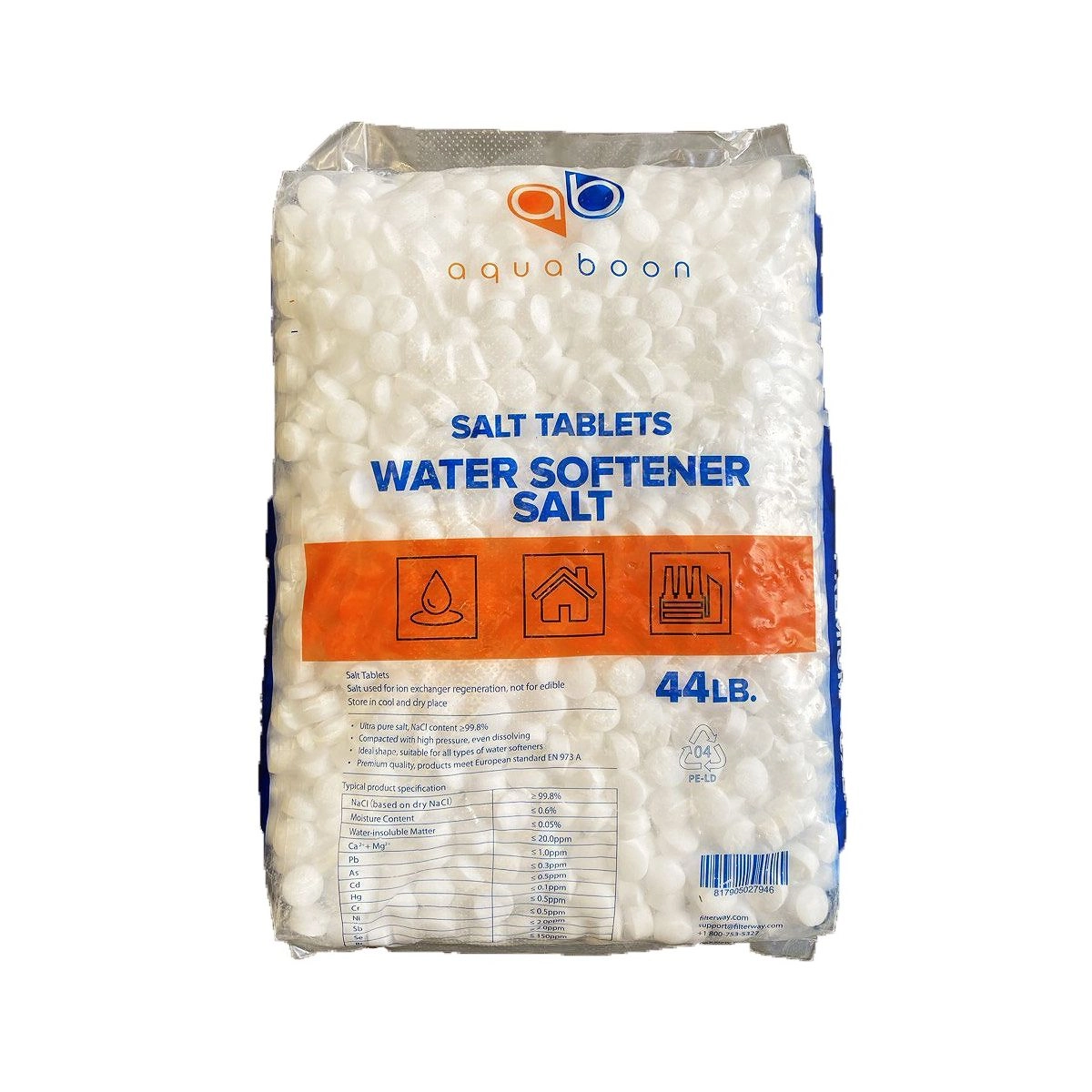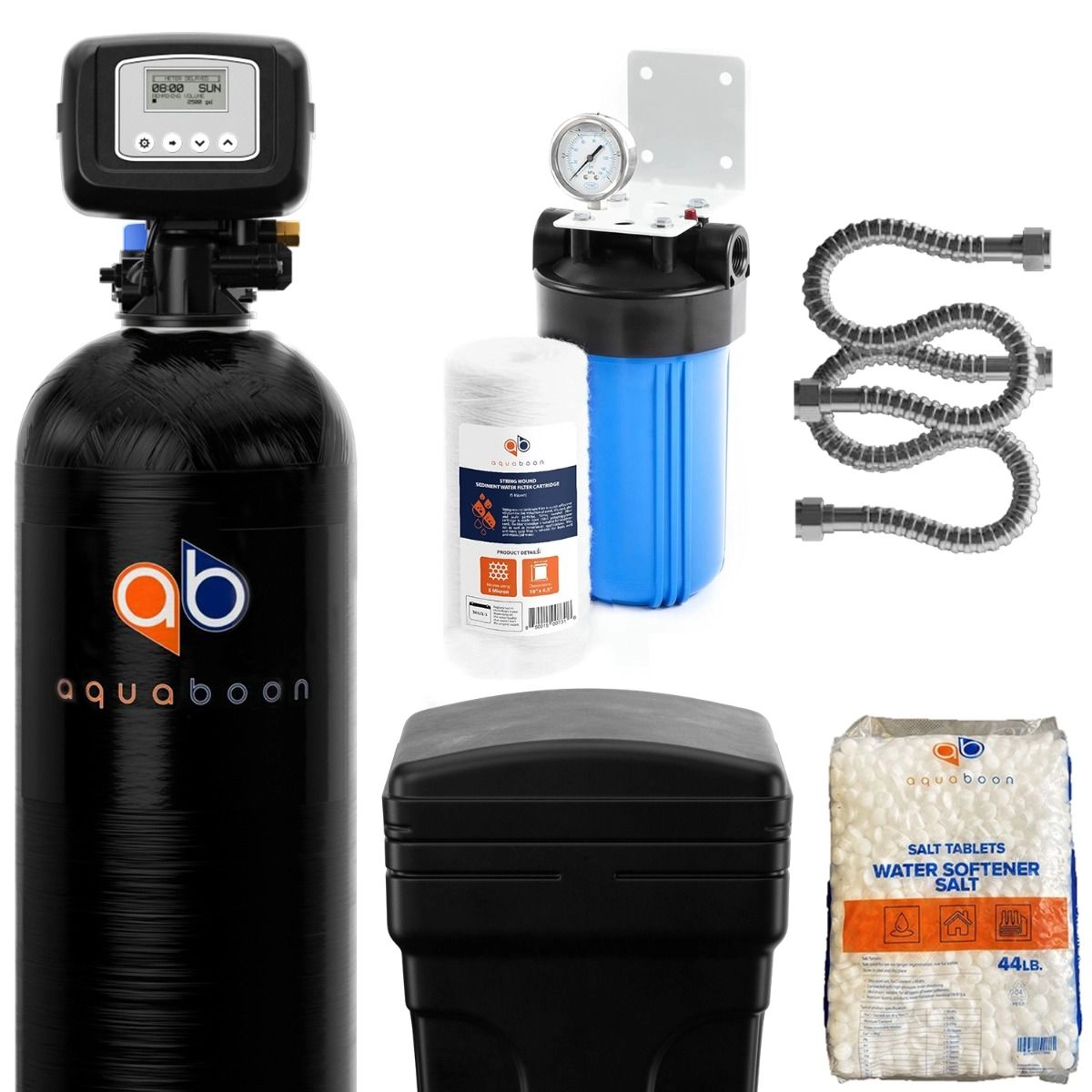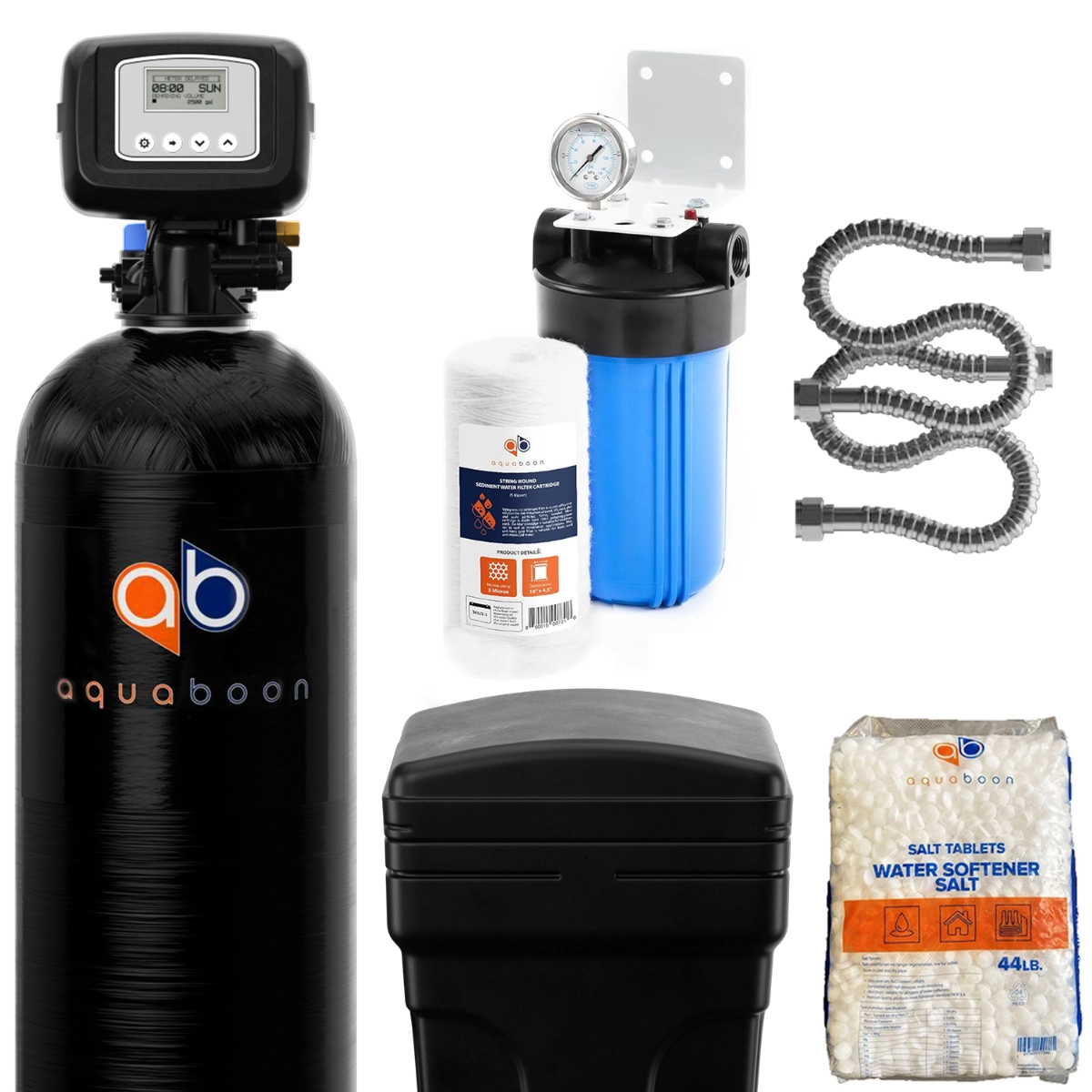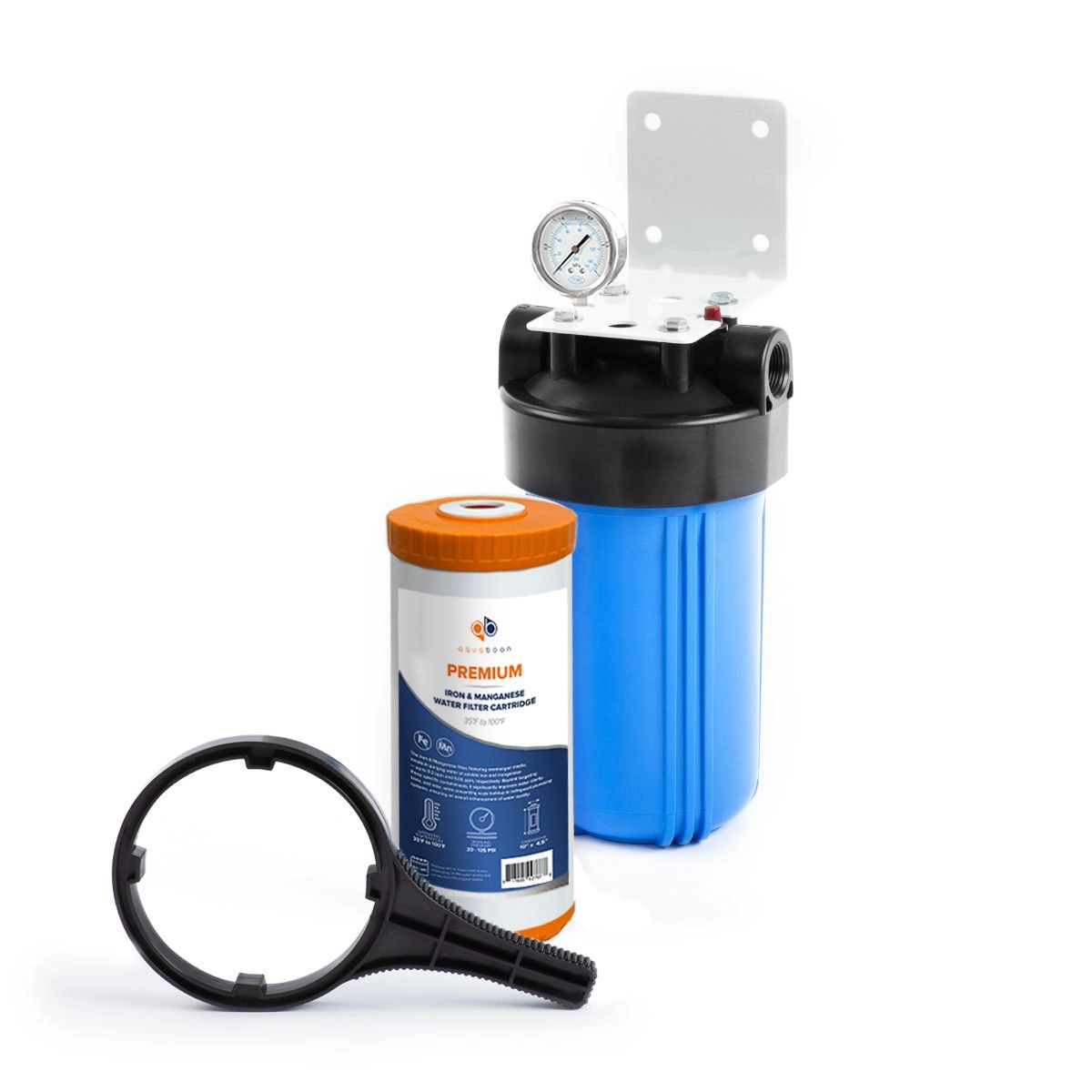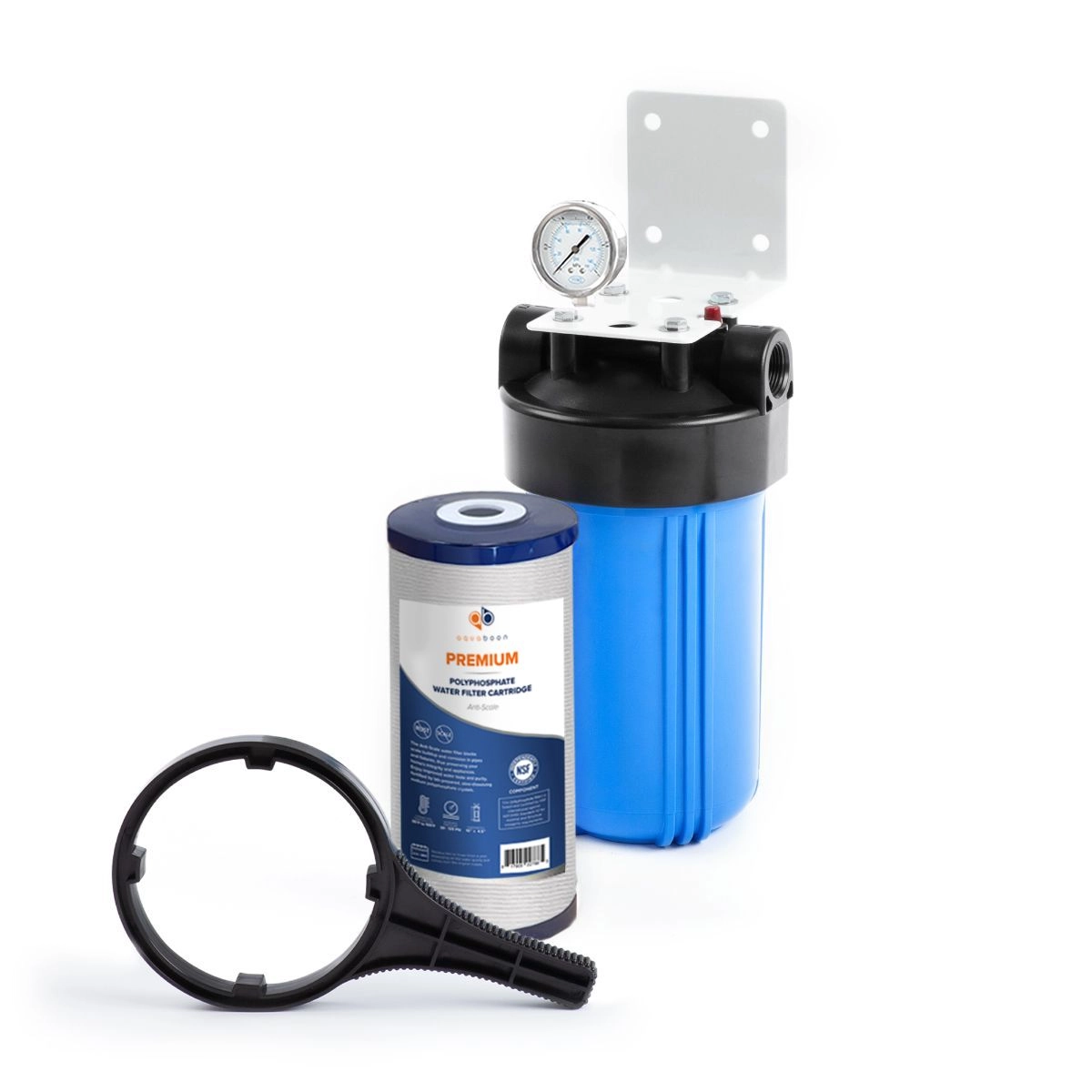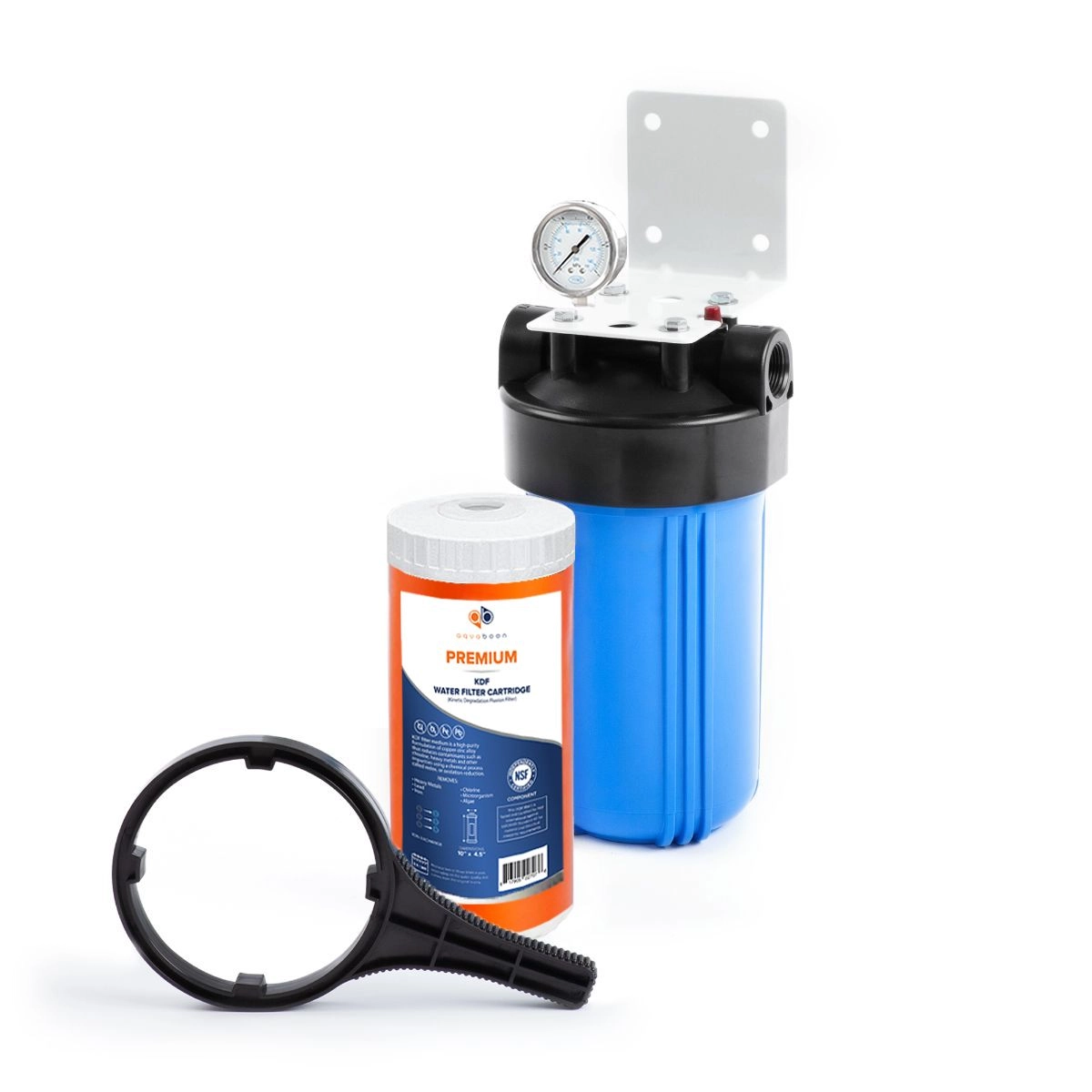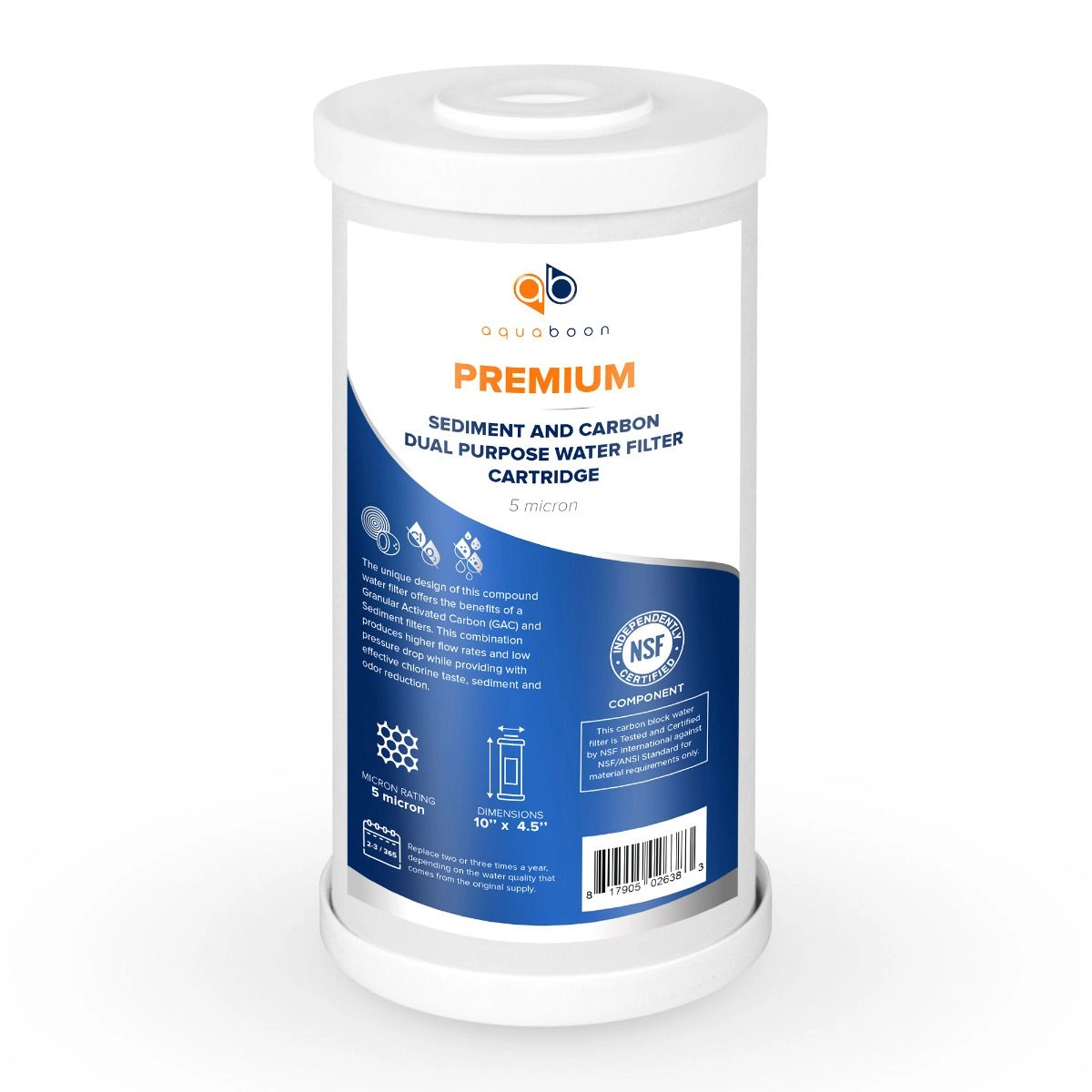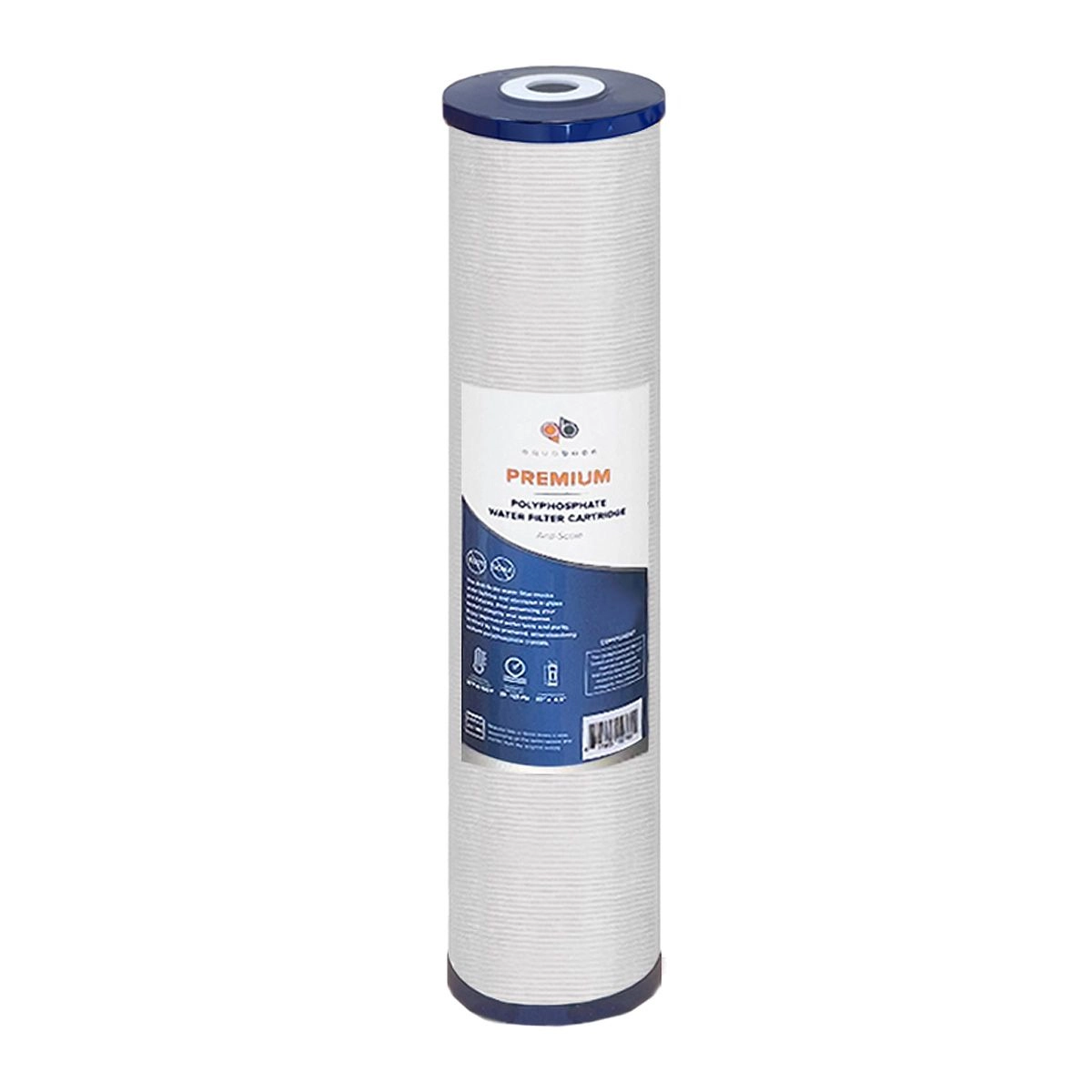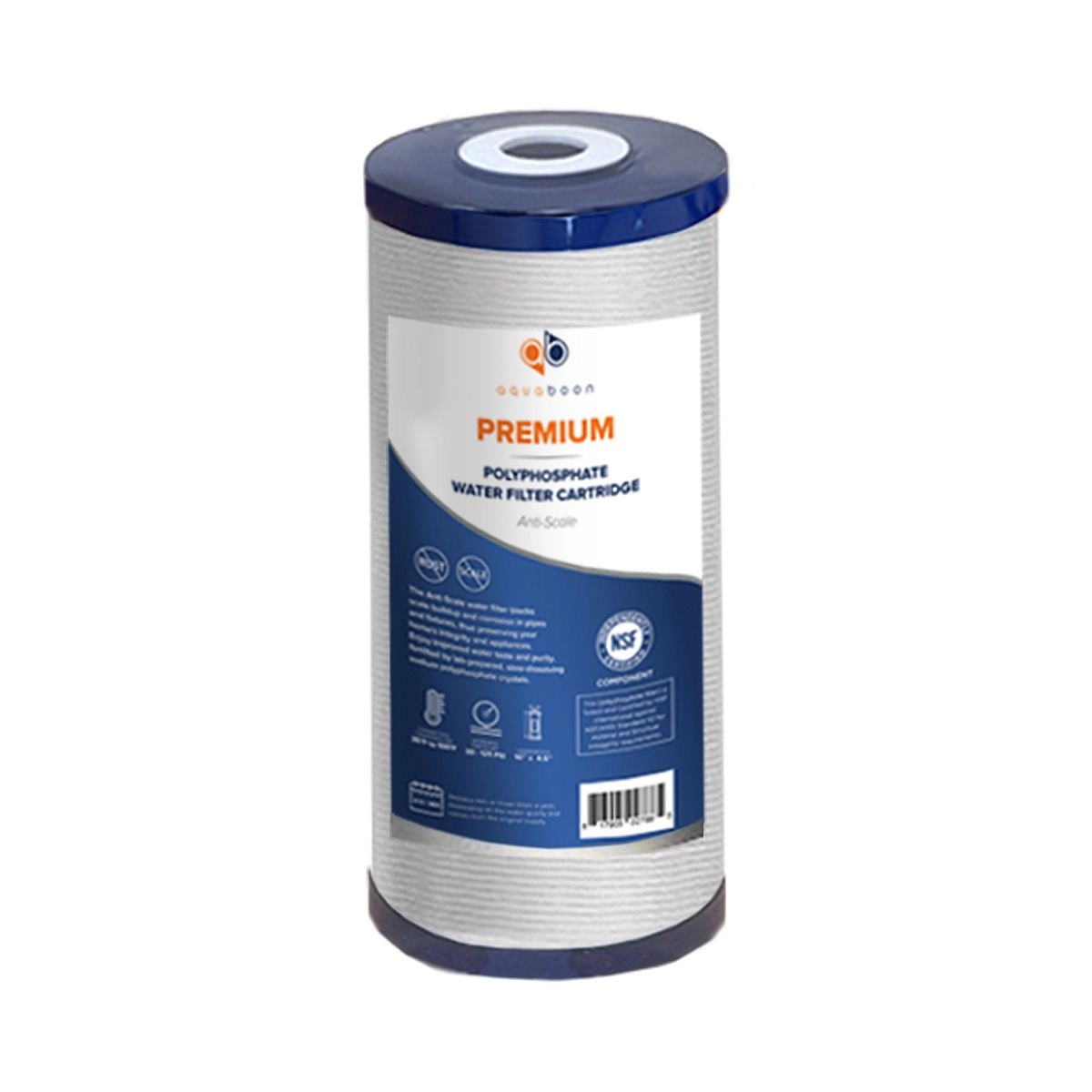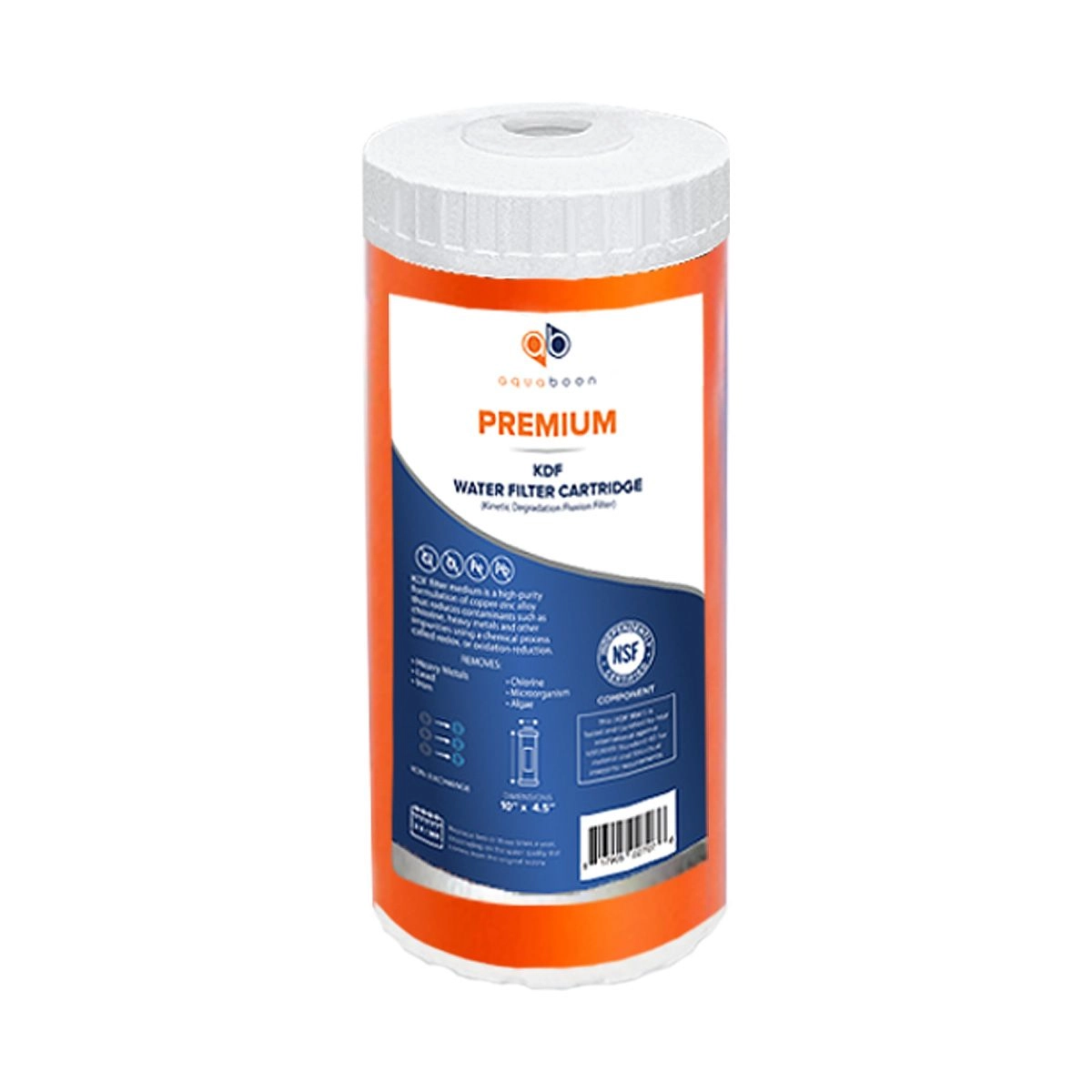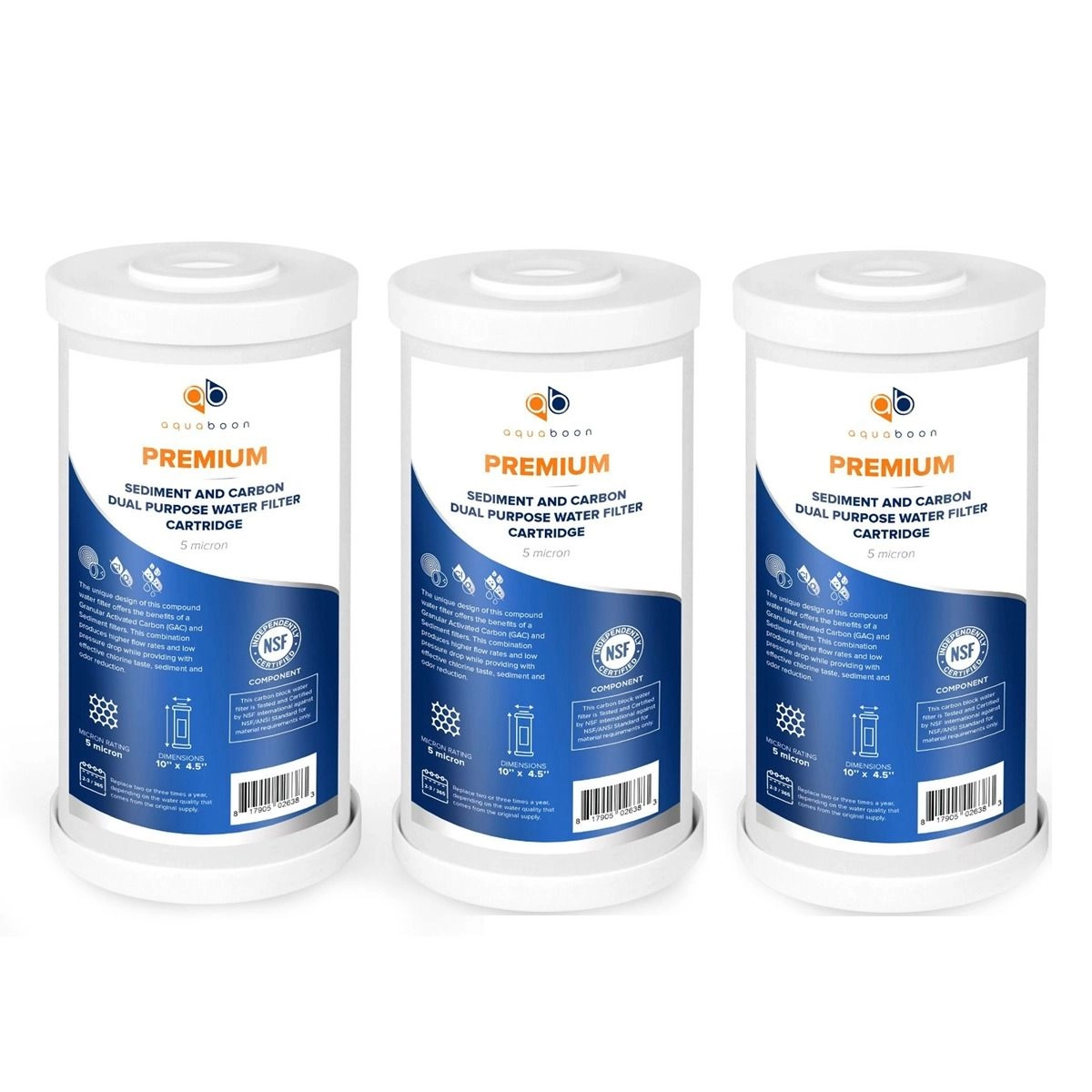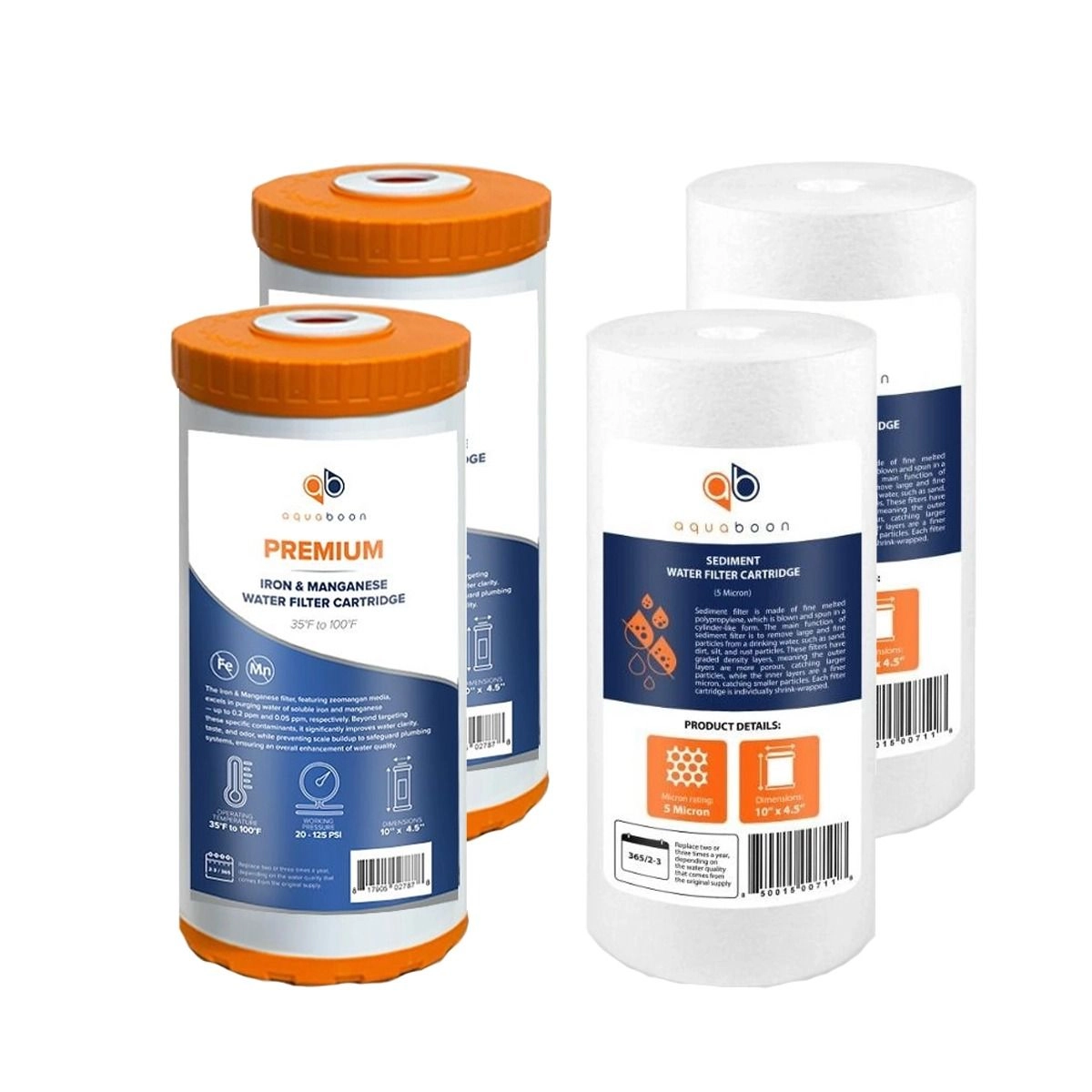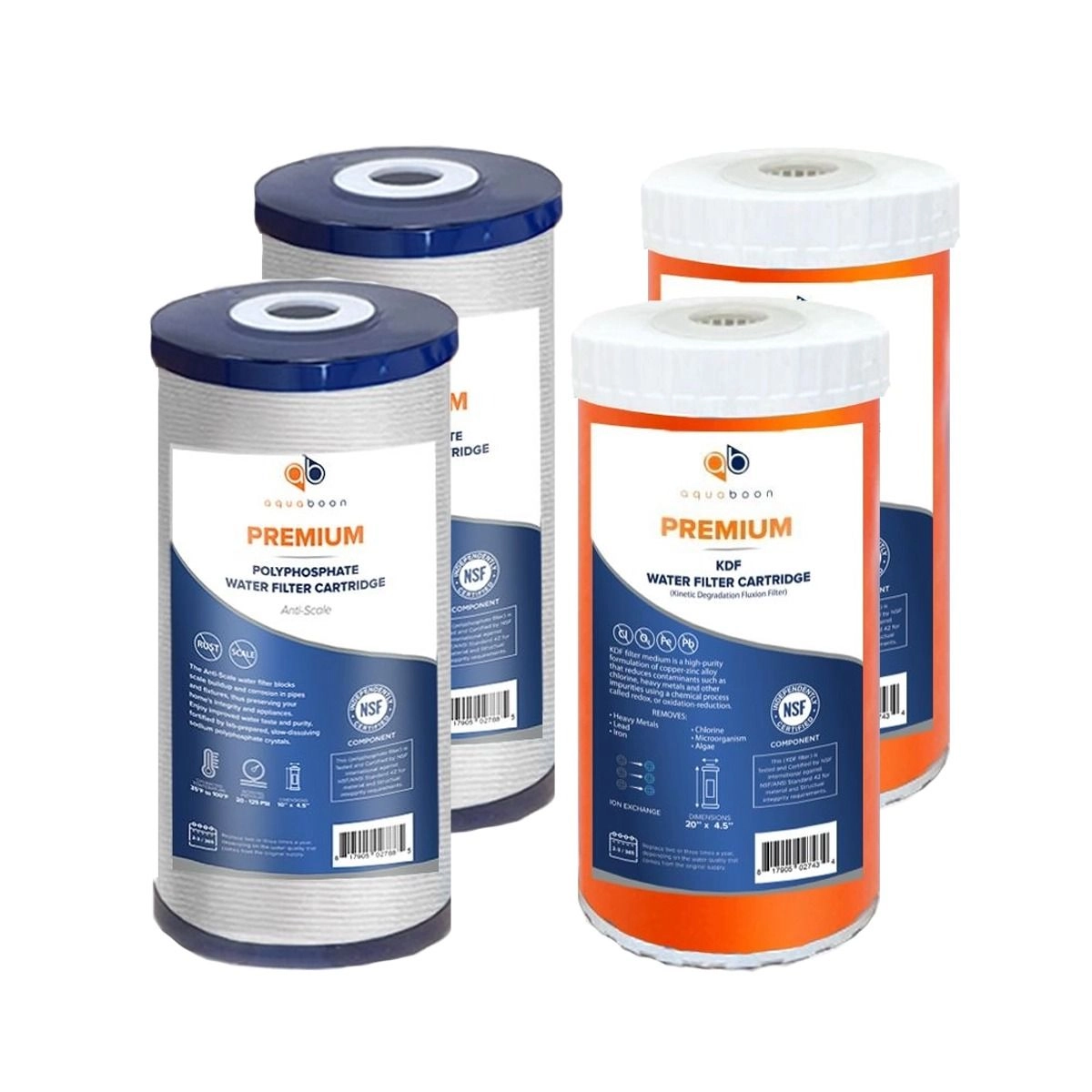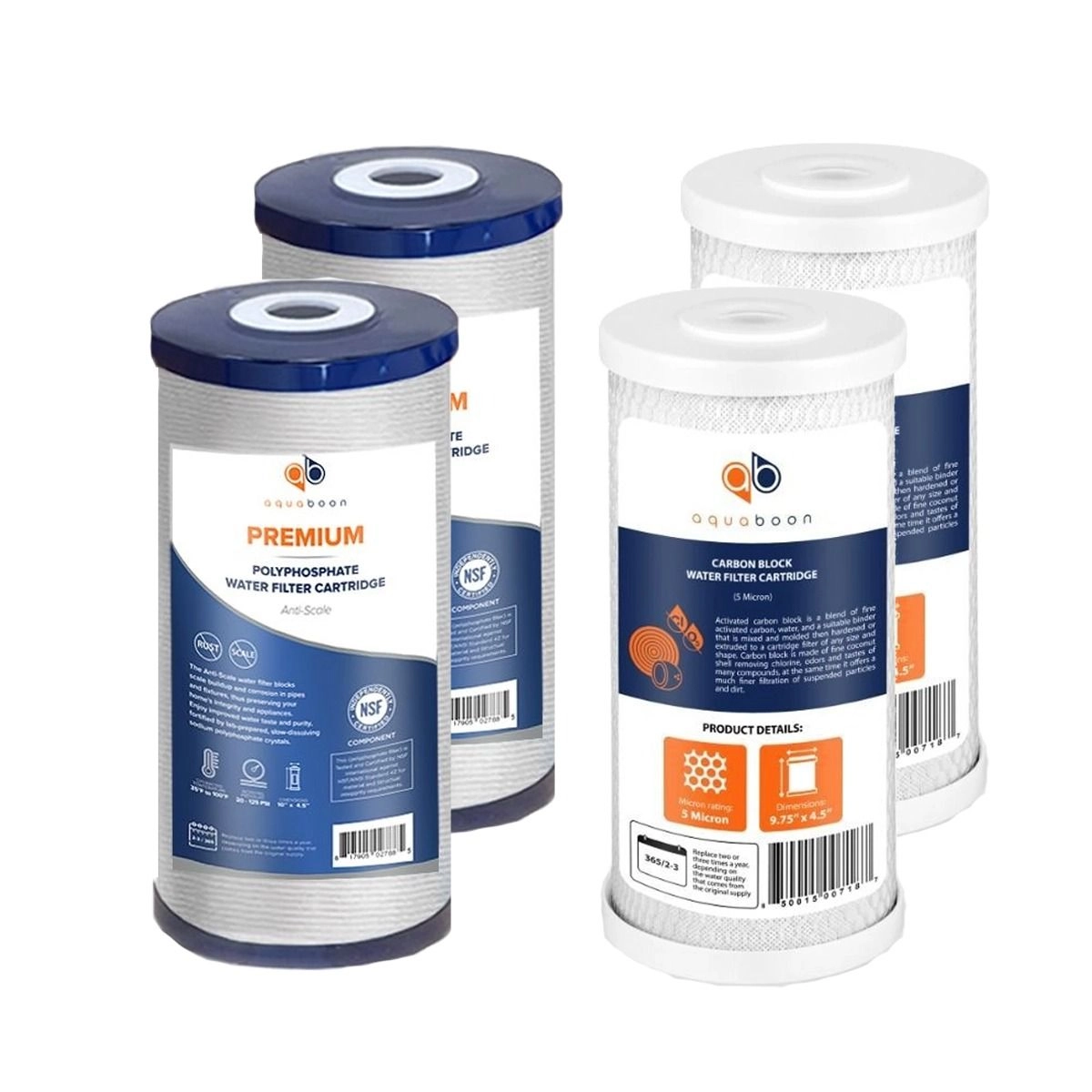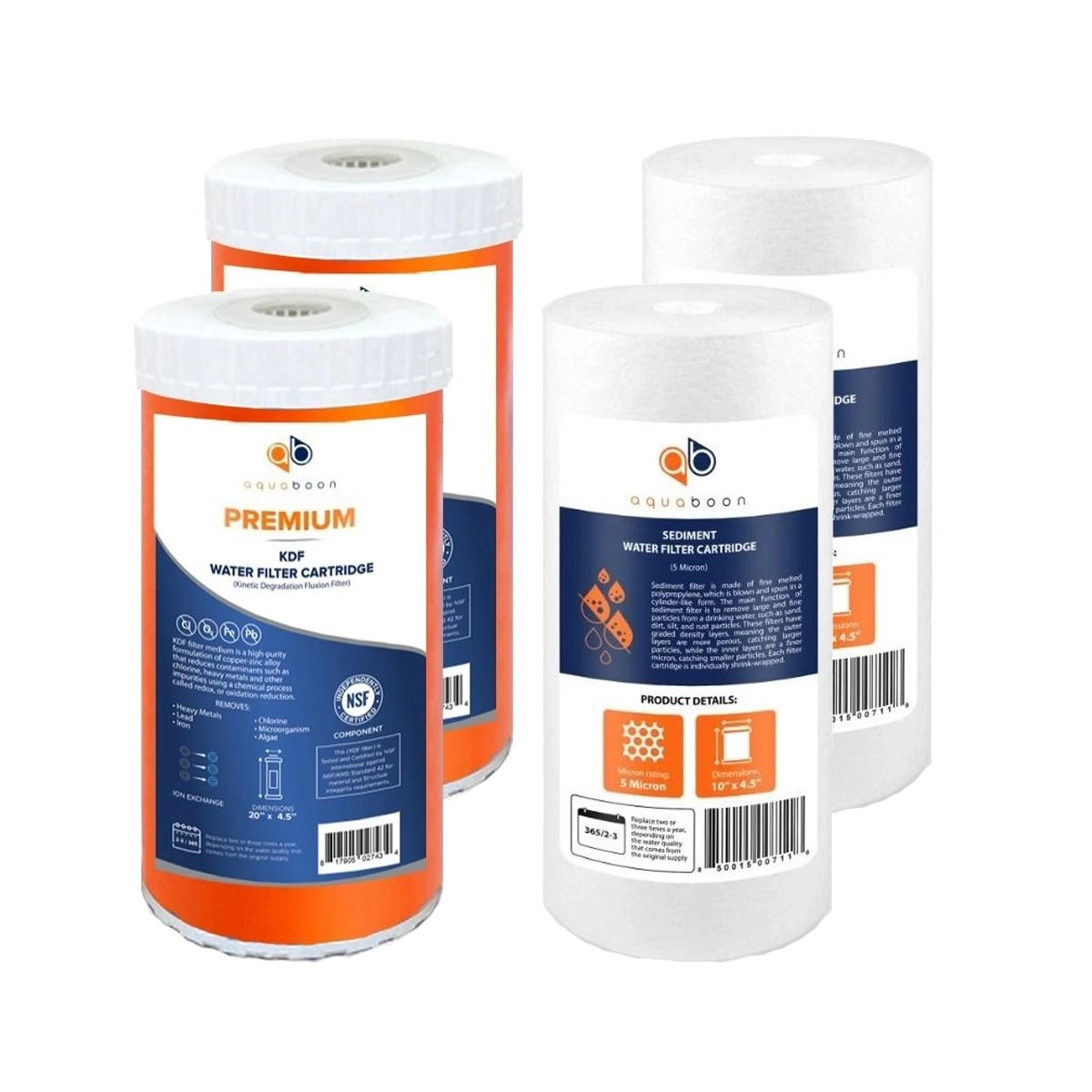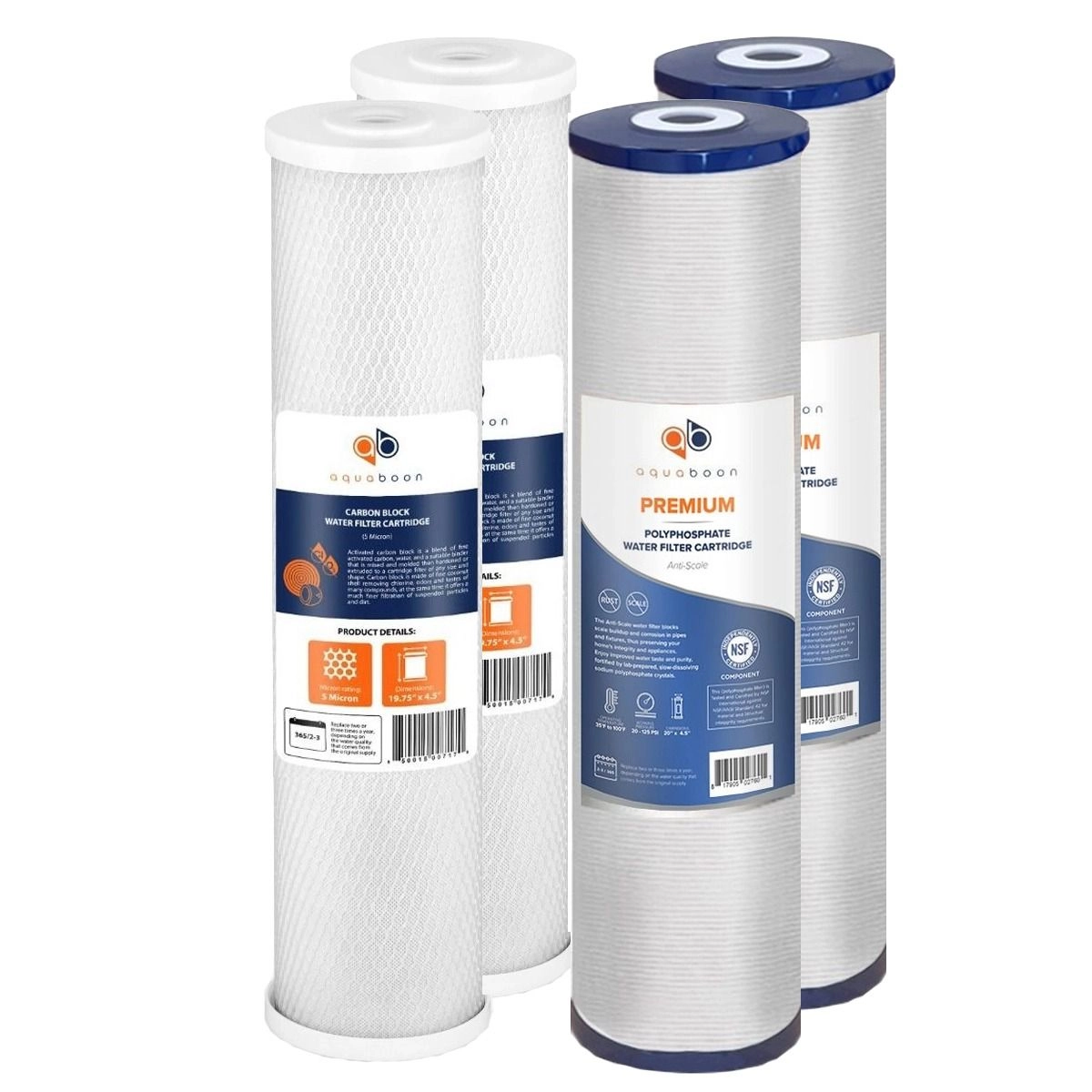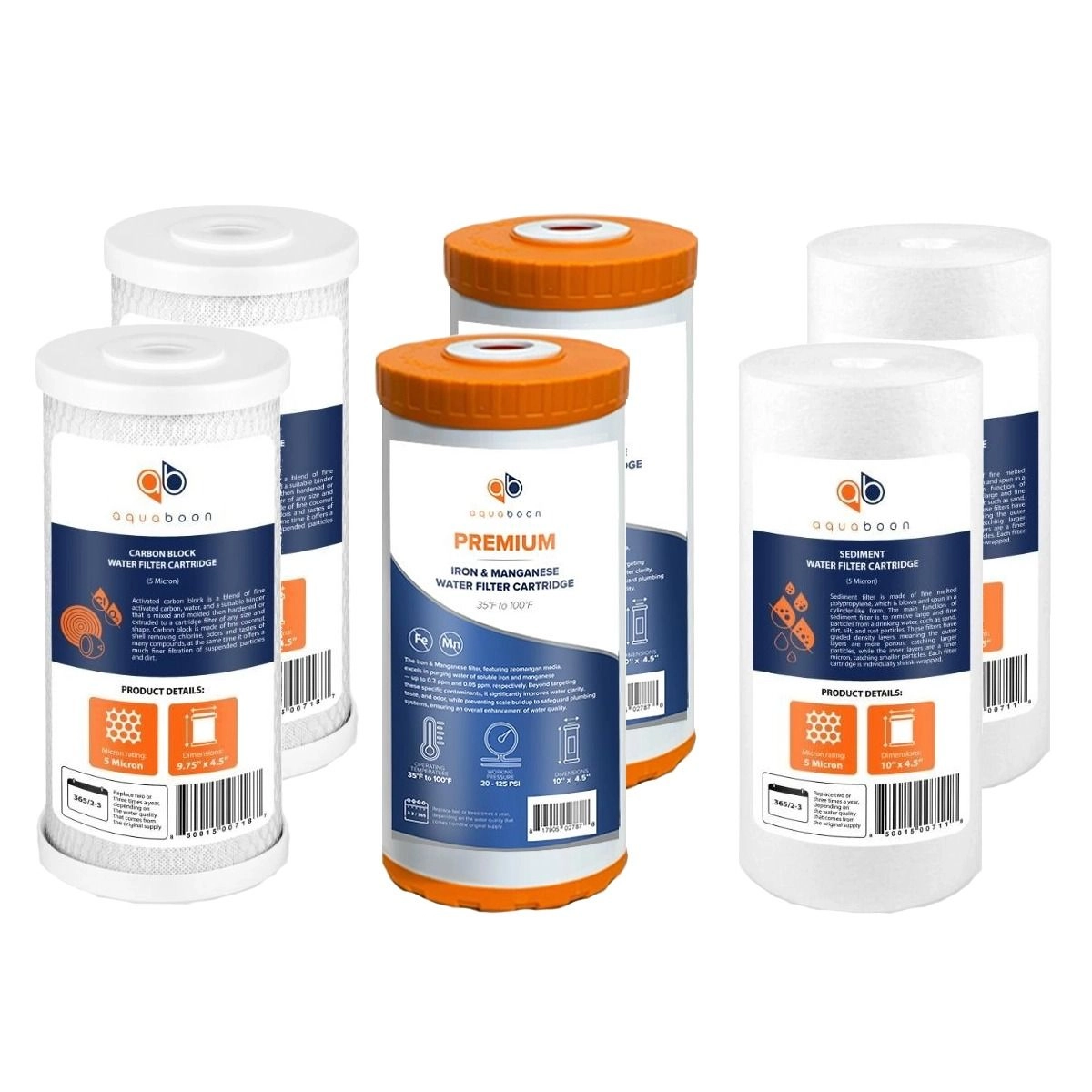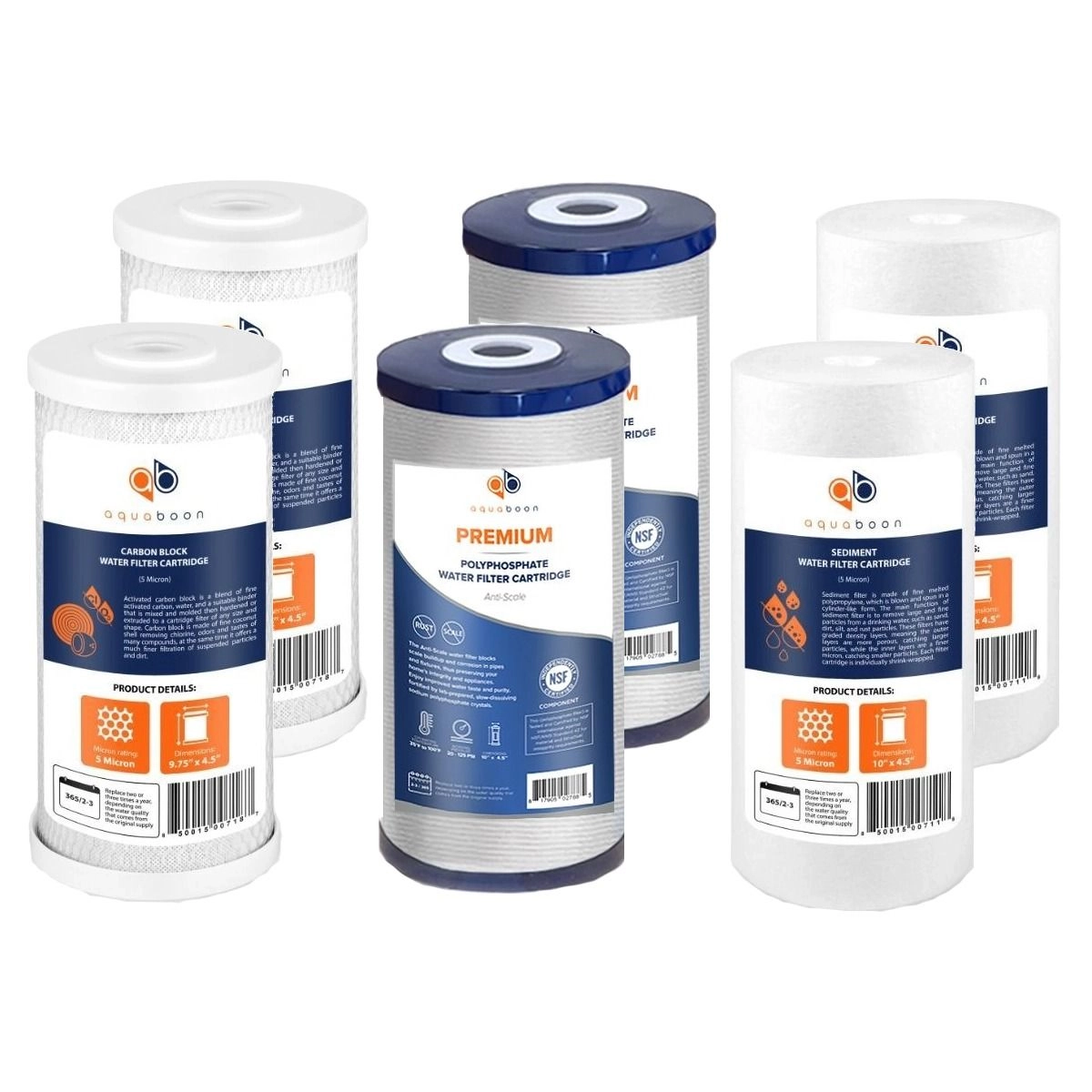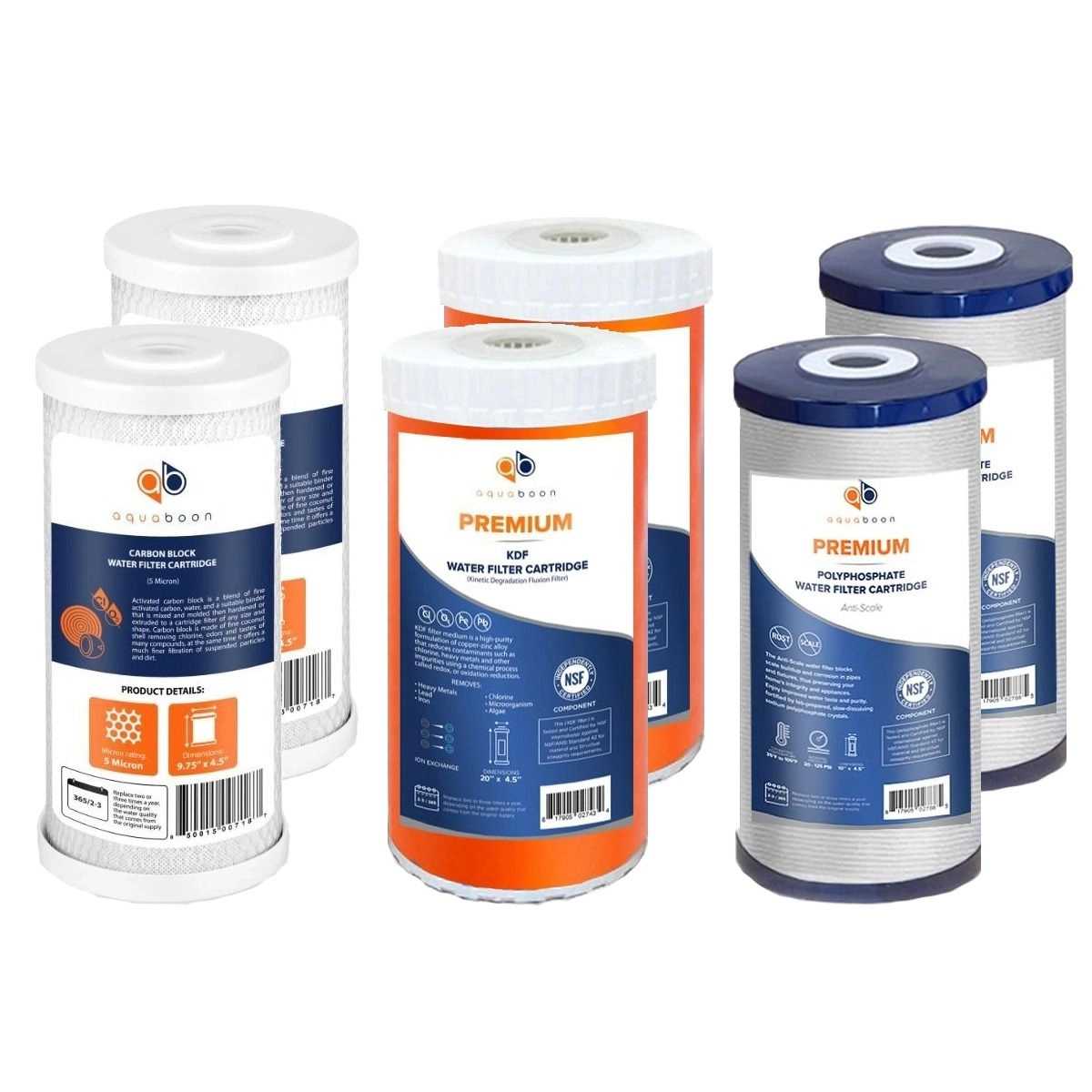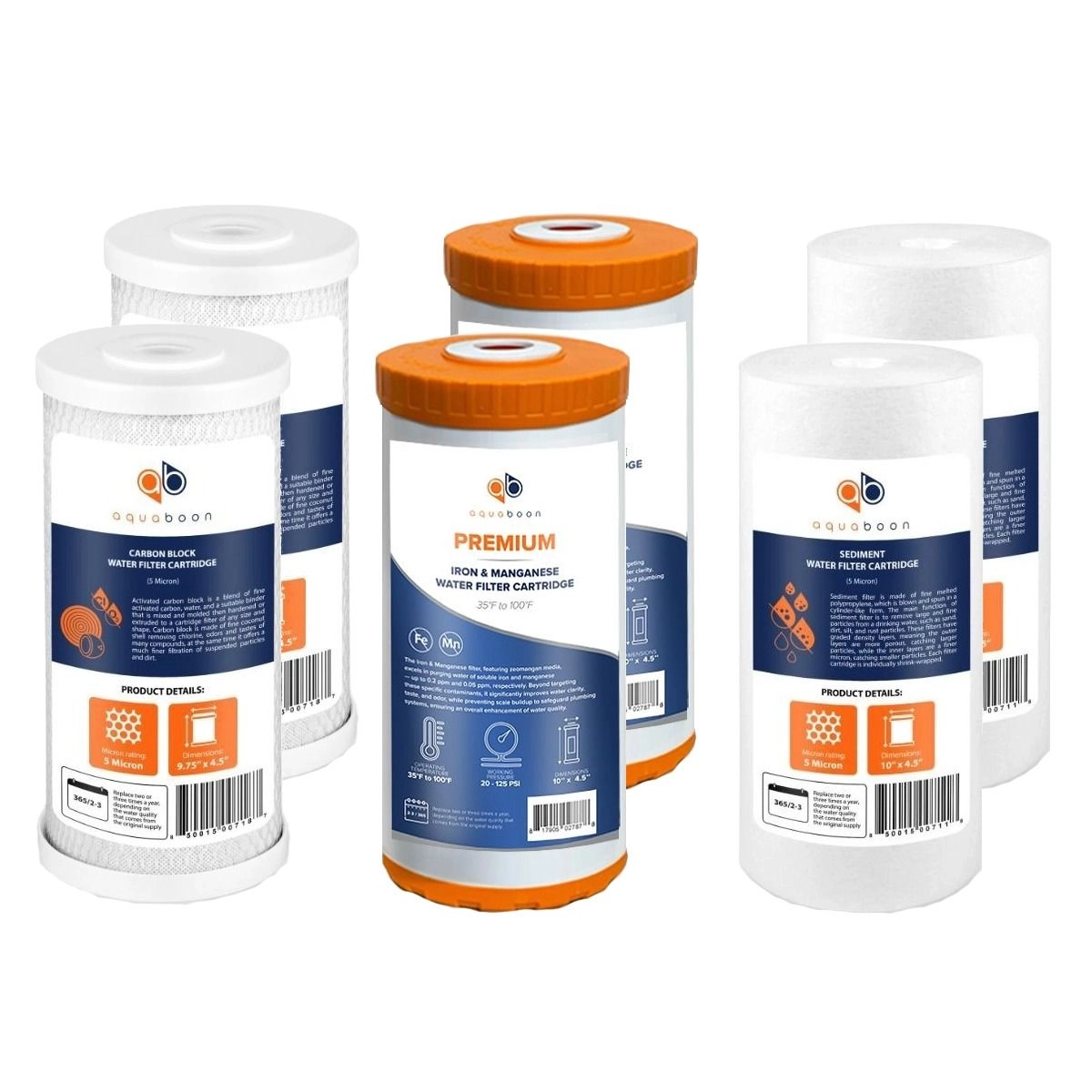Fall Hydration Guide: How Cooler Weather Dehydrates You and How Aquaboon Filters Keep You Healthy
When the long, hot days of summer fade into crisp air and golden leaves, many people instinctively drink less water. It feels natural: the heat is gone, sweat is minimal, and that chilled bottle doesn’t seem as inviting. But autumn, despite its calm and cozy atmosphere, can be one of the most dehydrating times of the year.
Between dry indoor heating, chilly winds, and the subtle drop in humidity, the body continuously loses moisture—without giving obvious thirst signals. This hidden dehydration affects everything from skin and hair health to energy levels and focus. As the temperature drops, your hydration habits deserve a seasonal reset.
Why We Drink Less in Fall
During summer, the body naturally craves water because heat increases sweat production and thirst response. When the air cools, this biological signal weakens. People often go hours without drinking, assuming they are hydrated simply because they don’t feel thirsty. However, the body’s water needs remain constant all year long.
Autumn air is deceptively drying. Outdoor humidity levels fall, and once indoor heating turns on, moisture levels inside homes drop even further. The body starts losing water invisibly through breathing and skin evaporation. This leads to mild dehydration symptoms that are easy to overlook—dry lips, headaches, fatigue, or difficulty concentrating. Many mistake these signs for seasonal tiredness or stress.
Another factor is lifestyle. Cooler weather encourages comfort foods, hot drinks, and more time spent indoors. Coffee and black tea intake often rises, and both are mildly dehydrating. Without balancing them with clean water, dehydration slowly builds up through daily routines.
The Hidden Effects of Autumn Air and Heating
When the air cools down, its capacity to hold moisture decreases. Wind strips the skin’s outer barrier, known as the lipid layer, making it harder to retain water. Each breath of cold air also carries less humidity, subtly drying nasal passages and the respiratory system.
At home, the problem compounds. Heating systems such as radiators and forced air units pull moisture from the environment. If you’ve ever woken up with a dry throat or noticed static cling in your clothes, that’s the sign of low humidity—and your body reacting to it.
Over time, this constant dryness contributes to:
- Itchy, flaky skin
- Chapped lips and cracked hands
- Dull or brittle hair
- Increased tiredness and foggy thinking
These issues are not simply cosmetic. The skin is a natural barrier protecting you from pollutants and bacteria. When it’s dehydrated, that defense weakens. Adequate water intake helps maintain elasticity, supports temperature regulation, and assists in flushing toxins through the kidneys and liver. That’s why proper hydration in fall is not just about beauty—it’s a foundation for wellness and immunity.
You may be interested: How Water Temperature Affects Filter Efficiency
Warm Hydration: How to Drink More Without Feeling Cold
When it’s chilly, drinking icy water feels uncomfortable, and many people unconsciously avoid it. The solution is to make hydration match the season’s comfort. Warm beverages and infused waters are gentle on the stomach and help maintain fluid balance.
Here are several easy ways to stay hydrated when the air turns crisp:
Warm lemon water. Start your morning with a cup of warm filtered water and freshly squeezed lemon juice. This small ritual stimulates digestion, supports detoxification, and replaces fluids lost overnight. Using filtered water ensures the taste is clean and free from chlorine or metallic residues that can dull the citrus flavor.
Herbal teas. Herbal blends such as chamomile, ginger, cinnamon, or hibiscus are naturally caffeine-free and hydrating. Their soothing aroma also helps reduce stress, which can indirectly support hydration by lowering cortisol-related water retention. Brew them with filtered water to preserve their delicate notes.
Infused waters. If you prefer something refreshing, try seasonal infusions. Add slices of apple, pear, orange, or cinnamon sticks to a jug of filtered water. Let it sit for an hour and enjoy a hint of flavor without added sugar. Infused water feels festive yet light—a perfect companion during long workdays or cozy evenings.
Soups and broths. Seasonal vegetable soups or light bone broths also count toward hydration. When made with clean, filtered water, their mineral content and flavor are better preserved. Think pumpkin soup, lentil stew, or carrot-ginger broth—warming and hydrating in one bowl.
The Connection Between Water Quality and Hydration
Not all water is equally beneficial for the body. Tap water may contain chlorine, sediments, or heavy metals that affect both flavor and health. Over time, these impurities discourage people from drinking enough simply because the water tastes or smells off. Clean, pleasant-tasting water makes hydration effortless.
Aquaboon filters are designed to remove unwanted particles and chemicals while maintaining essential minerals that support hydration. By improving water’s clarity and taste, they help families naturally drink more throughout the day. When water feels fresh and smooth, reaching for another glass becomes a habit rather than a chore.
Aquaboon whole house systems extend that benefit beyond the kitchen. These systems treat every drop entering the home, protecting not only drinking water but also the water used for showers, cooking, and cleaning. This matters especially in autumn when the skin and hair are prone to dryness. Soft, filtered water reduces irritation and keeps your body’s natural moisture barrier intact.
With a properly maintained Aquaboon system, you can enjoy clean water in every tap—whether you’re brewing tea, washing apples, or simply hydrating after a walk in the brisk air.
You may be interested: How Much Water Should You Drink a Day


